The Republican caucus in Iowa is the first "shot" to open the US election year, which could shape the race for the White House.
Americans will enter an important election to determine the country's new president in November. But right now, the race to the White House has begun to heat up with the primary election round, when the Democratic and Republican parties will choose their official candidates for the race.
Iowa is the first state to fire the first shots of the election year. Traditionally, the two party branches in the state hold caucuses early to choose their candidates.
However, this year, only the Iowa Republican Party will hold its caucus on January 15, while the Democratic Party will choose its candidates by mail-in ballot and is expected to announce the results on March 5.
Caucuses have a different and more complicated process than primaries. In primaries, voters can vote by secret ballot, in person or by mail, throughout voting day.
Meanwhile, caucuses require voters to attend a designated location at a designated time and publicly declare their choice of candidate. Caucuses are held in schools, community centers, and churches across the state, with candidates’ representatives speaking before attendees cast their ballots.
Republican voters in Iowa will begin caucusing at 7 p.m. on January 15 (8 a.m. on January 16, Hanoi time), at about 1,700 locations across the state. Iowa voters over the age of 18 and registered as members of the Republican Party are eligible to participate in these caucuses.
Caucus process in US elections. Graphics: CNN
The results of the ballots cast at each location are sent to the Iowa Republican Party Committee. Final results are announced after the counting process is complete, usually within a few hours.
With the closed-door format, voters will not be allowed to vote remotely, which has drawn criticism because it could exclude voters who cannot attend due to work commitments or disabilities.
The Iowa Republican Party will have 40 delegates to the Republican National Convention, where the party's nominee will be elected. Each candidate in the party's nomination race will receive a certain percentage of these delegates based on their respective share of the vote.
In 2016, US Senator Ted Cruz received the largest share of the vote in Iowa with 27.6% and received 8 state delegates, while Mr. Donald Trump came in second with 7 delegates.
The Republican nomination race currently has four main candidates including former President Donald Trump, Florida Governor Ron DeSantis, former US Ambassador to the United Nations Nikki Haley and biotech entrepreneur Vivek Ramaswamy.
Mr Trump now dominates the Republican race and his campaign says it is on track to win the caucuses by a landslide. His main opponents in Iowa are Mr DeSantis, who is trying to appeal to voters on cultural issues, and Ms Haley, who has focused on abortion and foreign policy.
Although Iowa delegates account for only about 1% of the total delegates to the Republican National Convention in July, the state's caucuses are still highly regarded by candidates.
Winning Iowa could give a candidate an early boost and potentially help them gain an advantage in the next primary, observers say. It would also generate significant media attention that could boost the candidate’s profile.
The Iowa caucuses are also seen as the first test of candidates' campaigns for their message and appeal. Candidates who do poorly sometimes choose to drop out of the race.
Analysts say previous elections have shown that the winners of the Iowa caucuses are not necessarily the ones who ultimately win the party's nomination.
Mr Trump is a case in point. In 2016, he was runner-up to Senator Ted Cruz in Iowa, but still went on to become the Republican nominee. Mr Trump’s two predecessors who won the Republican nomination did not win the state.

Supporters wait to attend Donald Trump's campaign rally in Sioux Center, Iowa on January 5. Photo: AFP
Mr. Trump has dominated the Republican Party since announcing his re-election bid in November 2022. Opponents have struggled to erode the former president's support base.
Despite facing numerous lawsuits and prosecutions over the past year, Mr. Trump still enjoys great support from loyal voters. Mr. Trump and many of his supporters believe that the administration of President Joe Biden and the Democratic Party are conducting a "witch hunt" against him.
Republican pollster Whit Ayers said the party's voters can be divided into three groups: those who are loyal to Trump to the end, those who never voted for Trump, and those who want to find alternatives.
"Trump's loyal voters could make up half of the Republican Party," Ayers said.
But some big party donors are looking for a new face to replace Trump. A strong showing in Iowa could help DeSantis or Haley convince wealthy supporters in the state to spend more money to boost their campaigns later in the campaign.
Marlys Popma, a former Iowa Republican official, said at a recent campaign rally for Ms Haley that “the number of undecided voters in Iowa is really huge”.
Thanh Tam (According to Reuters, BBC, CNN )
Source link


![[Photo] General Secretary To Lam receives Japanese Ambassador to Vietnam Ito Naoki](https://vstatic.vietnam.vn/vietnam/resource/IMAGE/2025/4/3/3a5d233bc09d4928ac9bfed97674be98)
![[Photo] Prime Minister Pham Minh Chinh chairs meeting after US announces reciprocal tariffs](https://vstatic.vietnam.vn/vietnam/resource/IMAGE/2025/4/3/ee90a2786c0a45d7868de039cef4a712)
![[Photo] Capital's youth enthusiastically practice firefighting and water rescue skills](https://vstatic.vietnam.vn/vietnam/resource/IMAGE/2025/4/3/3f8481675271488abc7b9422a9357ada)
![[Photo] Ho Chi Minh City speeds up sidewalk repair work before April 30 holiday](https://vstatic.vietnam.vn/vietnam/resource/IMAGE/2025/4/3/17f78833a36f4ba5a9bae215703da710)
![[Photo] A brief moment of rest for the rescue force of the Vietnam People's Army](https://vstatic.vietnam.vn/vietnam/resource/IMAGE/2025/4/3/a2c91fa05dc04293a4b64cfd27ed4dbe)
![[Photo] Prime Minister Pham Minh Chinh chairs the first meeting of the Steering Committee on Regional and International Financial Centers](https://vstatic.vietnam.vn/vietnam/resource/IMAGE/2025/4/3/47dc687989d4479d95a1dce4466edd32)




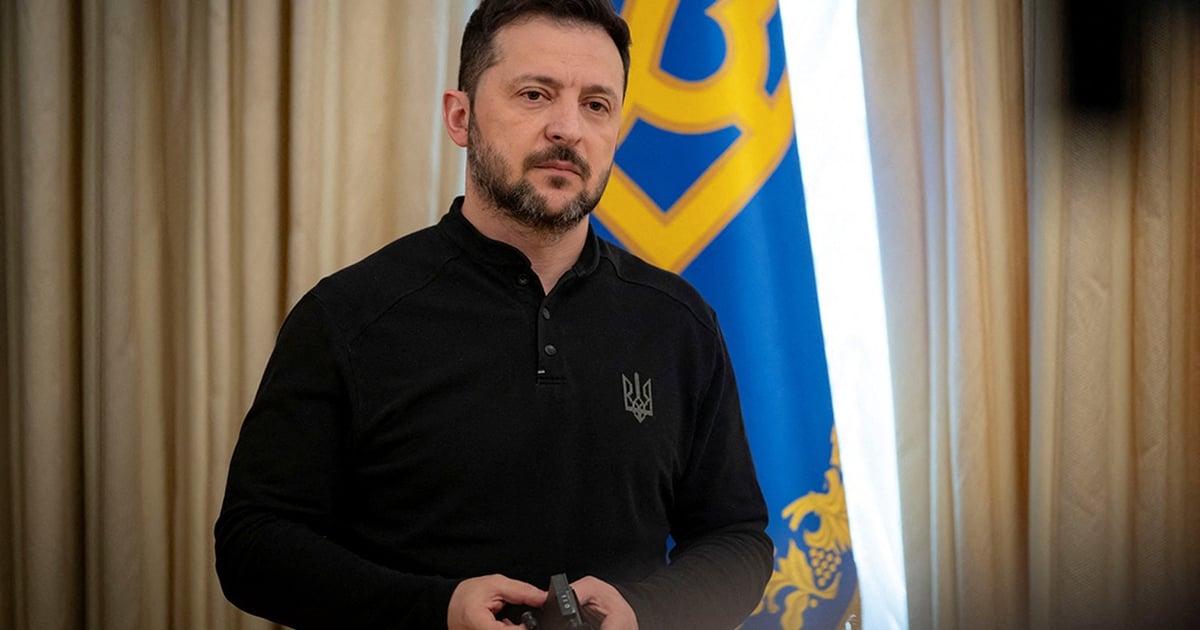

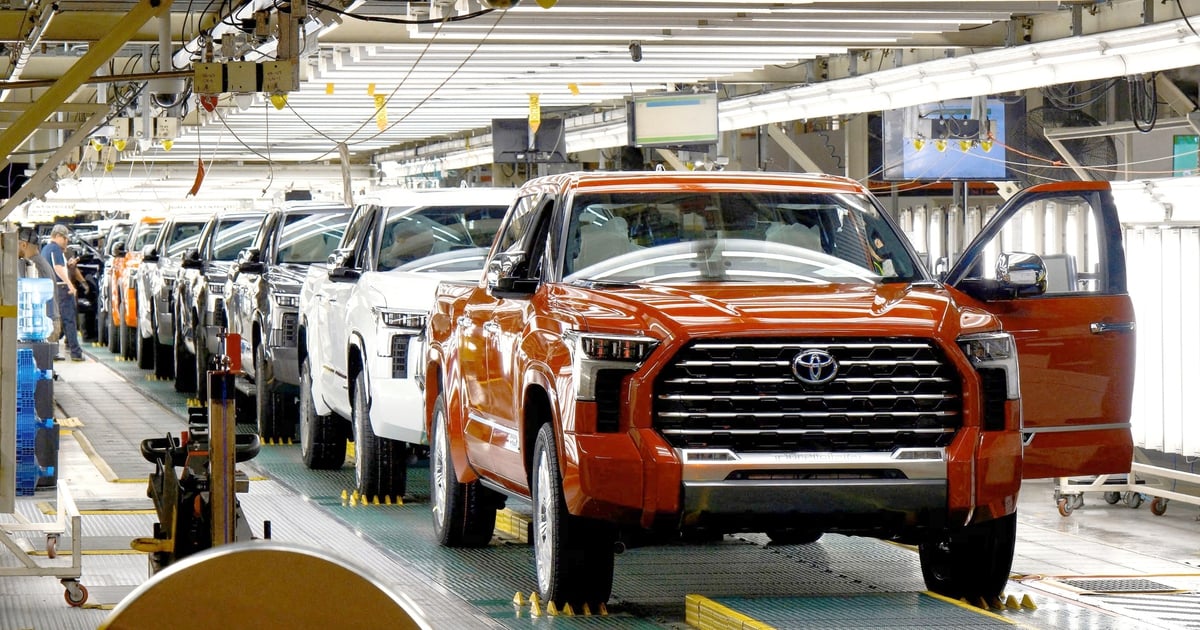
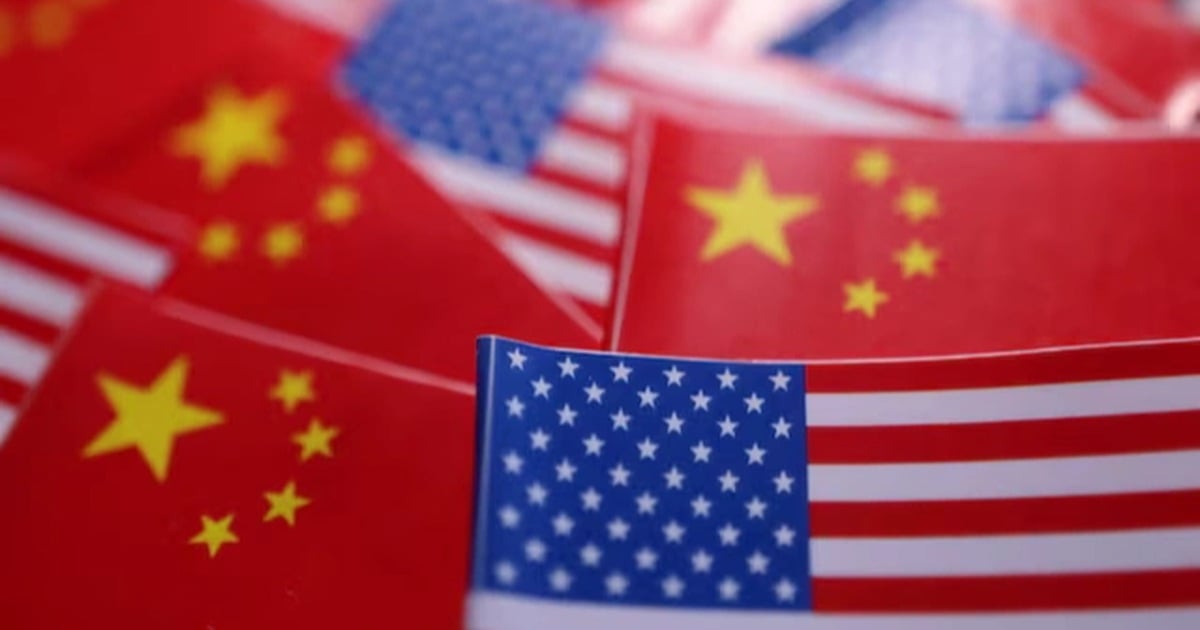

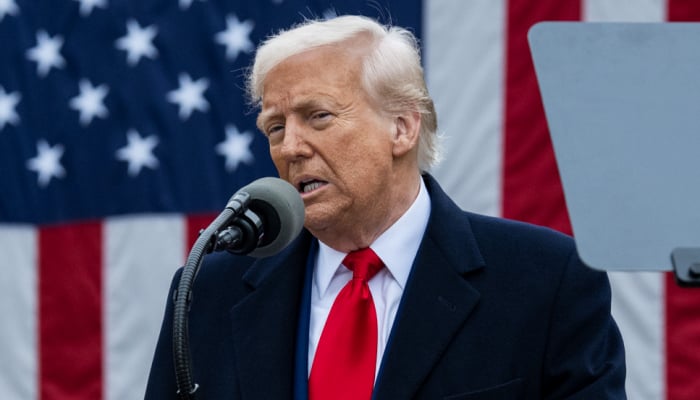



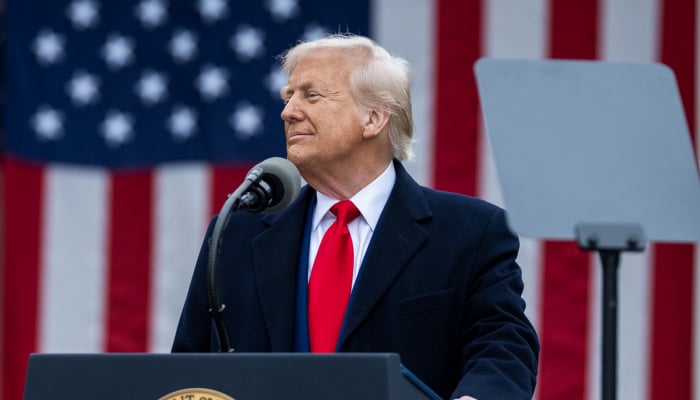

























































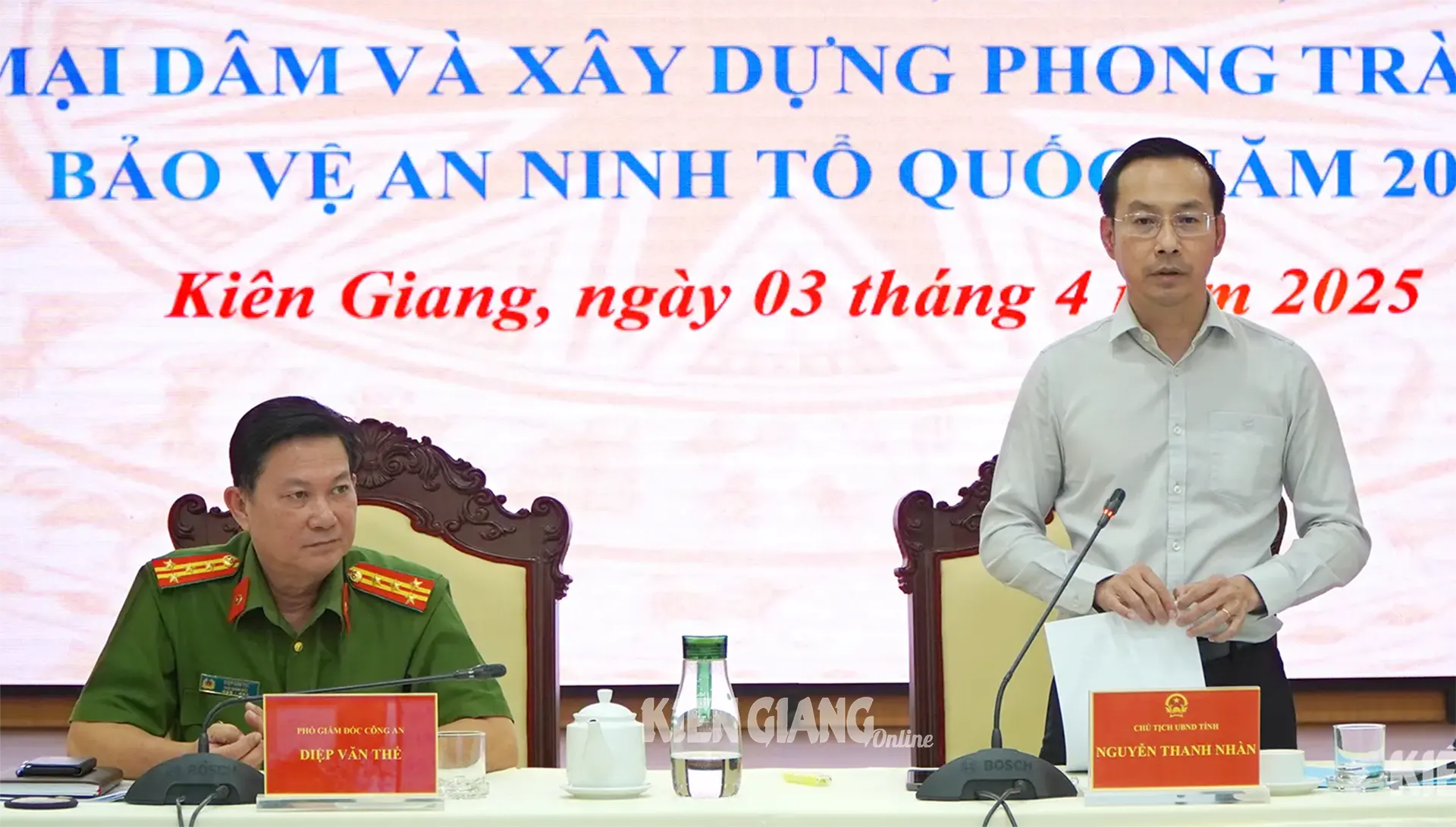












Comment (0)